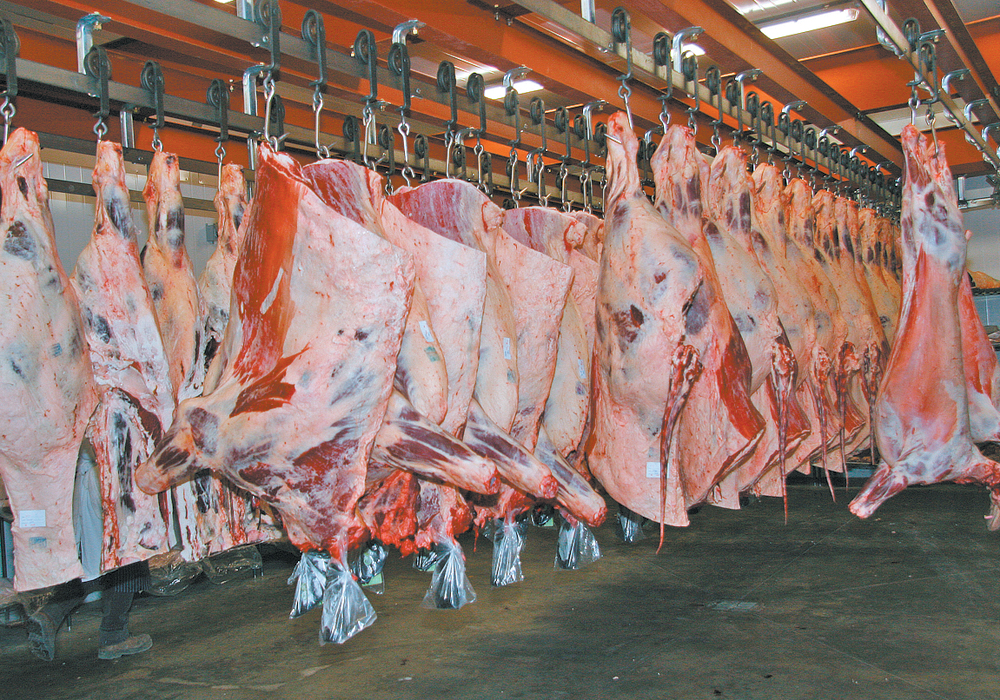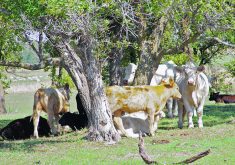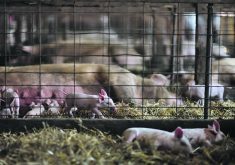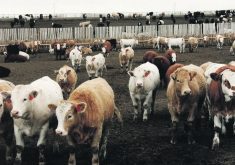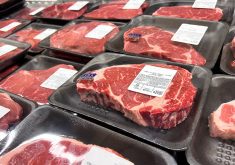The spectre of country of origin labelling in the United States has been raised again in connection with the Canada-U.S.-Mexico trade agreement that is yet to be approved by all three parties involved.
The Alberta government today said there are reports that some members of the United States House of Representatives want to include mandatory COOL in the agreement.
“The members of Congress pushing this need to realize it isn’t something industry in Canada or the U.S. want to revisit,” said Alberta agriculture minister Devin Dreeshen.
Read Also

New Alberta funding for program hopes to further unlock agritourism industry in province
Alberta Farm Fresh Producers Association is launching a new initiative thanks to $300,000 of provincial funding to bolster Alberta’s smaller scale family farms and agritourism sector.
“It isn’t consistent with American trade obligations, and it isn’t good for farmers in either country who want a fair and predictable trade relationship.”
Canada spent years and millions of dollars fighting U.S. COOL legislation, which the World Trade Organization ruled was a violation of international trade regulations. The legislation reduced beef and pork exports to the U.S. while COOL was in force, since it required separate processing and labelling of products that made it more costly for processors and retailers.
The U.S. repealed COOL in 2015.
“U.S. and Canadian jobs depend on our high-quality Canadian livestock,” said an Alberta government news release.
“This failed mandatory COOL law would add billions in additional costs for both Canadian and U.S. industries, with no measurable consumer benefit. As a result, U.S. consumers would pay higher prices for their beef and pork.”

